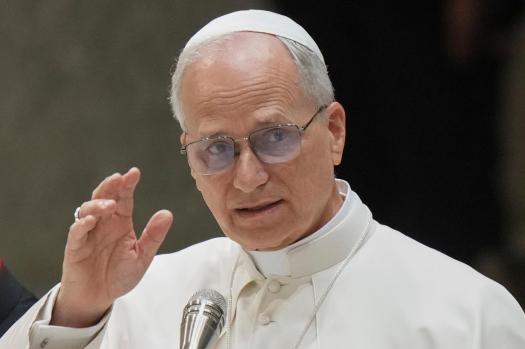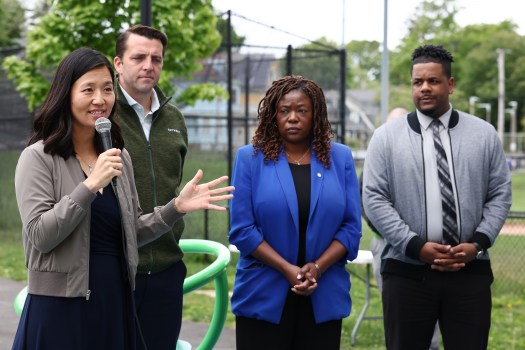In order to address allegations that authorities failed to promptly declare $2.3 million in contributions prior to the November 2024 election, the organization that supported a winning ballot question to stop the MCAS from being used as a high school graduation requirement paid a $4,000 penalty.
According to state records, the most costly ballot issue dispute in Massachusetts during the 2024 election cycle was tens of millions of dollars being exchanged between the Massachusetts Teachers Association and business organizations over the future of the MCAS.
However, the MTA-supported Committee for High Standards, Not High Stakes failed to disclose $800,000 in cash contributions and over $1.5 million in in-kind contributions in the days preceding the election, according to campaign finance authorities.
Despite accurately disclosing all of these contributions in its November 5th report, Office of Campaign and Political Finance Director William Campbell wrote in a letter dated June 24 that the public’s desire for timely and accurate disclosure of campaign finance activity during the relevant period was thwarted by the committee’s failure to file the required late contribution reports.
A Herald inquiry Tuesday was not immediately answered by a Massachusetts Teachers Association spokeswoman.
During the so-called late contribution reporting period, which ran from October 19, 2024, to November 1, 2024, ballot issue groups that collect contributions of $500 or more are required to submit reports to state authorities.
The purpose of the reports is to track the money coming into and going out of ballot question committees in the final days before an election, when spending can amount to enormous sums as both opponents and supporters attempt to influence voters with last-minute arguments.
The committee supporting the MCAS ballot question received several contributions during the latter reporting period, according to state regulators, who filed two reports on October 25, 2024, and October 26, 2024, detailing the expenditures.
Regulators claim that the group failed to disclose that it received 11 contributions totaling $2.3 million within the late reporting period. According to OCPF authorities, the fundraising was finally revealed by the ballot question committee in a report that was due on election day.
According to Campbell’s letter, the eleven contributions’ receipt and use need to have been reported in late contribution reports, which were due 72 hours after the contributions were received or used. Four more reports should have been filed at the very least, since a single report can indicate several late contributions.
State data indicates that the Committee for High Standards, Not High Stakes received about $15.6 million in in-kind contributions for products or services and spent $950,000 in 2023, 2024, and 2025 to support the question.
According to state data, the item’s opponents, who were mostly business groups who established the Protect Our Kids Future ballot question committee, contributed $5.3 million in 2025 and 2024 and an additional $93,763 in-kind in 2023.












